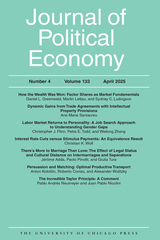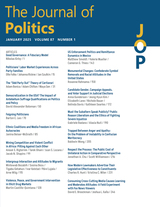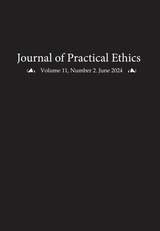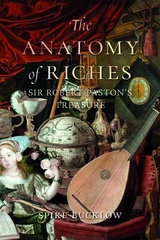
Beginning with the travels of Sir Robert’s father Sir William, the Paston wealth brought luxuries from across the globe to an idyllic retreat in rural Norfolk. There, the family commissioned Europe’s finest craftsmen to enhance their exotic rarities, a trove of objects that included everything from musical instruments to bejeweled ostrich eggs and nautilus shell goblets. The lavish hospitality of the Paston family was renowned throughout England, but the English Civil War and plague tore the country apart, and peace-loving Sir Robert was assailed by what he called a “whirlpool of misadventures.” As the dawn of the modern era saw the beginning of the family’s loss of fortune, Sir Robert kept faith and worked tirelessly to protect his wife and children. Encouraged by his friend Dr. Thomas Browne, he even found time to pursue his own idiosyncratic interests, employing both an alchemist in search of the Philosophers’ Stone and an artist to capture his favorite treasures in an enigmatic still life, The Paston Treasure. Exploring the Paston family’s history through their collection and this famed painting, The Anatomy of Riches offers a history of both early modern England and the modern world’s birth-pangs.

His sense of humor was legendary. His tenacity in pursuit of goals was unwavering. His grasp of past, present, and future opportunities was profound. Bags to Riches shows the personal side of an 'outsider' who became an 'insider' through congeniality, good humor, and integrity.
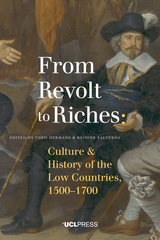
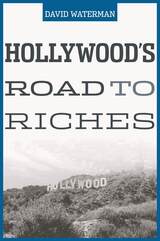
Out-of-control costs. Box office bombs that should have been foreseen. A mania for sequels at the expense of innovation. Blockbusters of ever-diminishing merit. What other industry could continue like this--and succeed as spectacularly as Hollywood has? The American movie industry's extraordinary success at home and abroad--in the face of dire threats from broadcast television and a wealth of other entertainment media that have followed--is David Waterman's focus in this book, the first full-length economic study of the movie industry in over forty years.
Combining historical and economic analysis, Hollywood's Road to Riches shows how, beginning in the 1950s, a largely predictable business has been transformed into a volatile and complex multimedia enterprise now commanding over 80 percent of the world's film business. At the same time, the book asks how the economic forces leading to this success--the forces of audience demand, technology, and high risk--have combined to change the kinds of movies Hollywood produces.
Waterman argues that the movie studios have multiplied their revenues by effectively using pay television and home video media to extract the maximum amounts that individual consumers are willing to pay to watch the same movies in different venues. Along the way, the Hollywood studios have masterfully handled piracy and other economic challenges to the multimedia system they use to distribute movies.
The author also looks ahead to what Internet file sharing and digital production and distribution technologies might mean for Hollywood's prosperity, as well as for the quality and variety of the movies it makes.
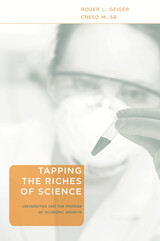
Can university-based scientific research contribute to the economic development of a region? Can it generate wealth for the university? American universities are under increasing pressure to maximize their economic contributions. Tapping the Riches of Science offers a rigorous and far-sighted explanation of this controversial and little-understood movement.
Just how do universities contribute to innovation in industry? How have state legislatures promoted local university commitments to economic relevance? And how has the pressure to be economically productive affected the core academic missions of teaching and research? Drawing from a range of social science analyses, campus interviews, and examples of university-industry partnerships, Roger Geiger and Creso Sá reveal the ways that economic development has been incorporated into university commitments.
Noting enduring cultural differences between the academic and business worlds, Geiger and Sá deflate both suspicious and overconfident views. They show how elusive success can be for embryonic discoveries with as-yet-unclear applications. Warning against promising—and expecting—too much, Tapping the Riches of Science nonetheless makes a strong case for the long-term promise of practical uses for academic research.
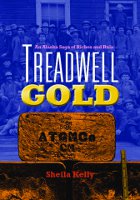
A century ago, Treadwell, Alaska, was a featured stop on steamship cruises, a rich, up-to-date town that was the most prominent and proud in all Alaska. Its wealth, however, was founded on the remarkably productive gold mines on Douglas Island, and when those caved in and flooded in the early decades of the twentieth century, Treadwell sank into relative obscurity.
Treadwell Gold presents first-person accounts from the sons and daughters of the miners, machinists, hoist operators, and superintendents who together dug and blasted the gold that made Treadwell rich. Alongside these stories are vintage photos that capture both the industrial vigor of the mines and the daily lives that made up Treadwell society. The book will fascinate anyone interested in Alaskan history or the romance of gold mining’s past.
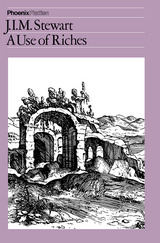
That afternoon she has received a cable from an old acquaintance, an Italian marchesa. It seems that Arnander fathered an illegitimate son whom the archesa has been looking after. She can no longer do so and wants Jill to come and arrange the boy's future. The Crains hasten to Italy, Rupert going along to the preliminary interview with the marchesa, as he is suspicous that there may not really be an Arnander child, that this is a ruse to extract money.
The truth revealed to him by the marchesa is shattering, and the quintessentially civilized Craines find themselves plunged into an increasingly bizarre drama.
READERS
Browse our collection.
PUBLISHERS
See BiblioVault's publisher services.
STUDENT SERVICES
Files for college accessibility offices.
UChicago Accessibility Resources
home | accessibility | search | about | contact us
BiblioVault ® 2001 - 2025
The University of Chicago Press


